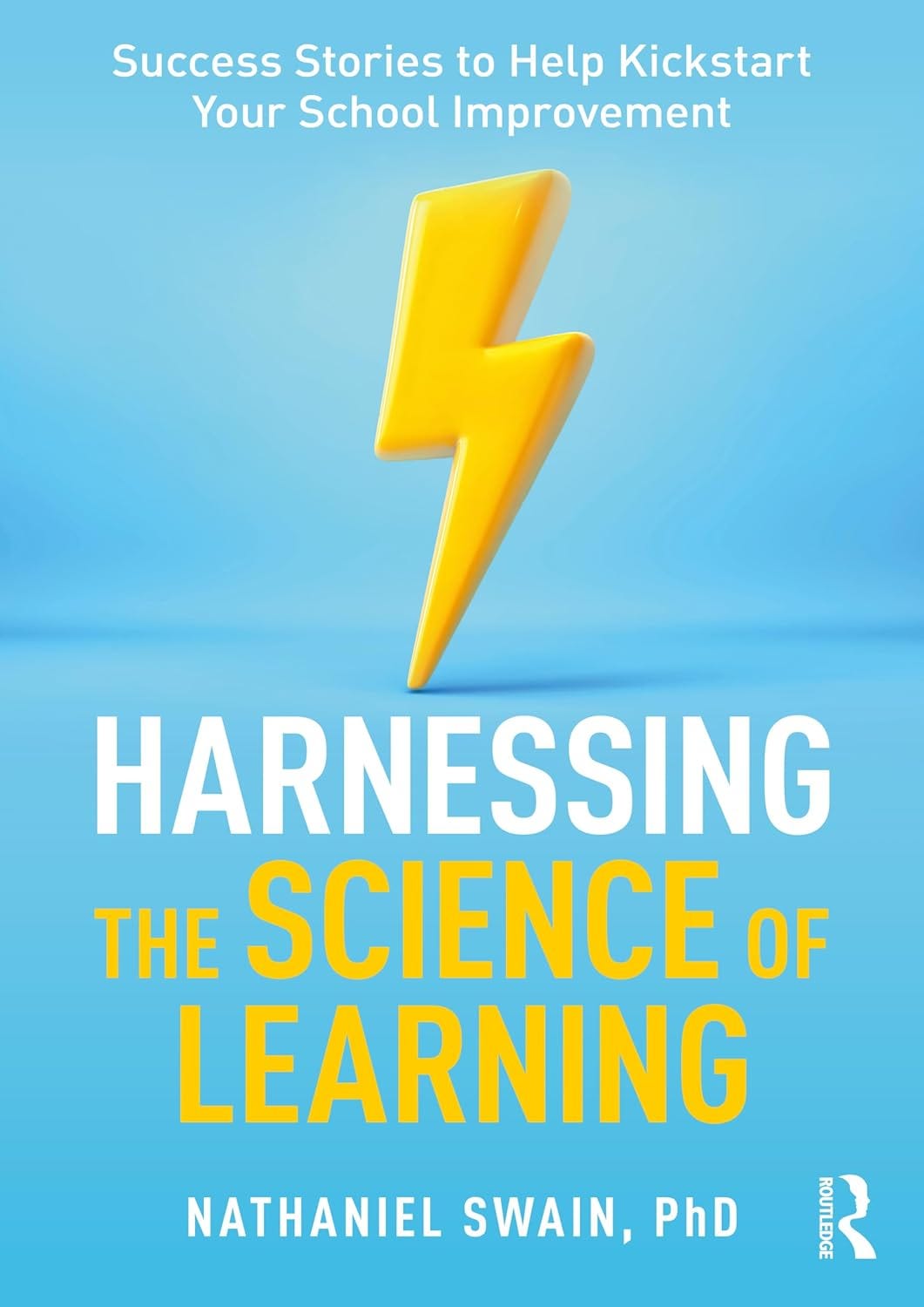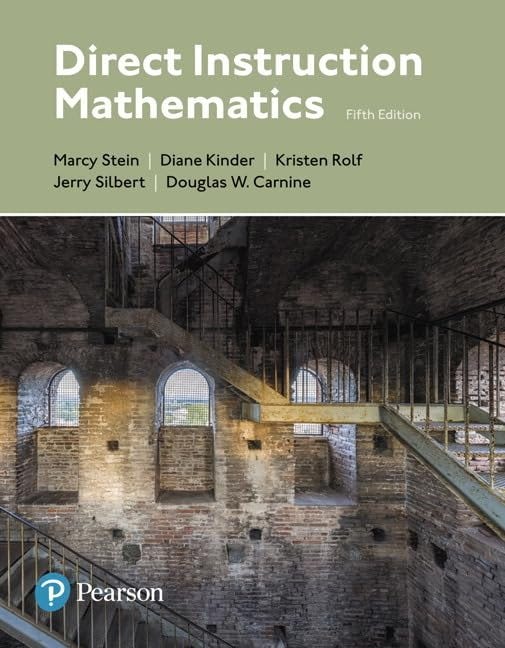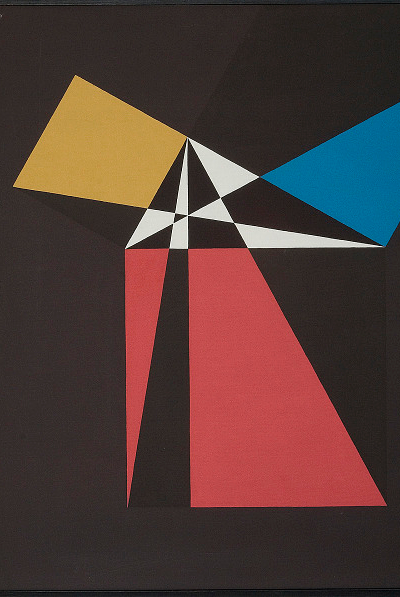
This might be my most favorite post so far in the Knowledge-Building for Teachers Series. I am fascinated by the logic and beauty of math, and I agree with Aristotle that, “. . . those who assert that the mathematical sciences say nothing of the beautiful or the good are in error.” (Metaphysics, Book XIII, Part 3.)
Begin your personal knowledge-building journey into the world of math. Ranging from short and sweet to nerd out, enjoy a small sampling of various media and high quality math resources.
Art
mathematical paintings
Mathematical Paintings of Crockett Johnson National Museum of American History
This showcases a collection of eighty paintings “relating to mathematics and mathematical physics”. Included with each painting is a description of the mathematician or theorem that inspired the painting. A personal favorite is Proof of the Pythagorean Theorem [Euclid]. I have a particular fondness for the Pythagorean Theorem because of Stephanie Metz, a brilliant 8th grade math teacher in Wyoming. The painting is based on Euclid’s Proposition 47 of Book I of the Elements.
Podcasts
short, sweet, on-the-go
19 - David Morkunas on Explicit Instruction in Primary Maths. On Brendan Lee’s Knowledge for Teachers, Morkunas brilliantly explains the practical application of explicit math instruction. He is also one of the authors of the chapter on “Effective Mathematics Teaching” in Nathaniel Swain’s Harnessing the Science of Learning, which is a must-read.
Math fluency matters with Brian Poncy. Anna Stokke’s Chalk & Talk is an absolute must listen-to podcast for all things math (and other fundamental educational topics). This particular episode with Brian Poncy (one of two episodes) changed my entire practice on how I taught math facts in my classroom.
Substack
short, powerful read
How to Teach Anything by Kristopher Boulton
From the brilliant publication Unstoppable Learning, Kris contends that “90% of everything you will ever have to teach in maths” falls under four atomic elements: categorical, transformation, fact, and routine. Boulton also discusses the exciting exploration of atomization in his interview with Craig Barton on the Mr Barton Maths Podcast (another absolute must listen-to podcast on all things math and the science of learning).
Reference Text
go-to support
Direct Instruction Mathematics by Marcy Stein, Diane Kinder, Kristen Rolf, Jerry Silbert, and Douglas W. Carnine
Based on the work of Siegfried Engelmann, Direct Instruction Mathematics provides “systematic procedures for addressing both conceptual understanding and procedural fluency” for specific math topics ranging from counting to pre-algebra. This is a valuable resource to find support on a specific math concept. A section outlining the Direct Instruction approach and sample scripts (called Formats) are also included.
Euclid
nerd it up!
Euclid's Elements by Euclid, translation by T.L. Heath
Ever since I heard the story of Abraham Lincoln memorizing the propositions of Euclid to understand what it meant to “demonstrate”, I have been fascinated with Euclid. While I lack the vocabulary and understanding to describe it accurately, I love the symmetry and logic of Euclid, and I even enjoy sketching out the different figures in the text. An online class on Euclid is also available through Hillsdale College: Mathematics and Logic: From Euclid to Modern Geometry.






So many great resources here. I can’t wait to dig in!
I love this!!!!!’